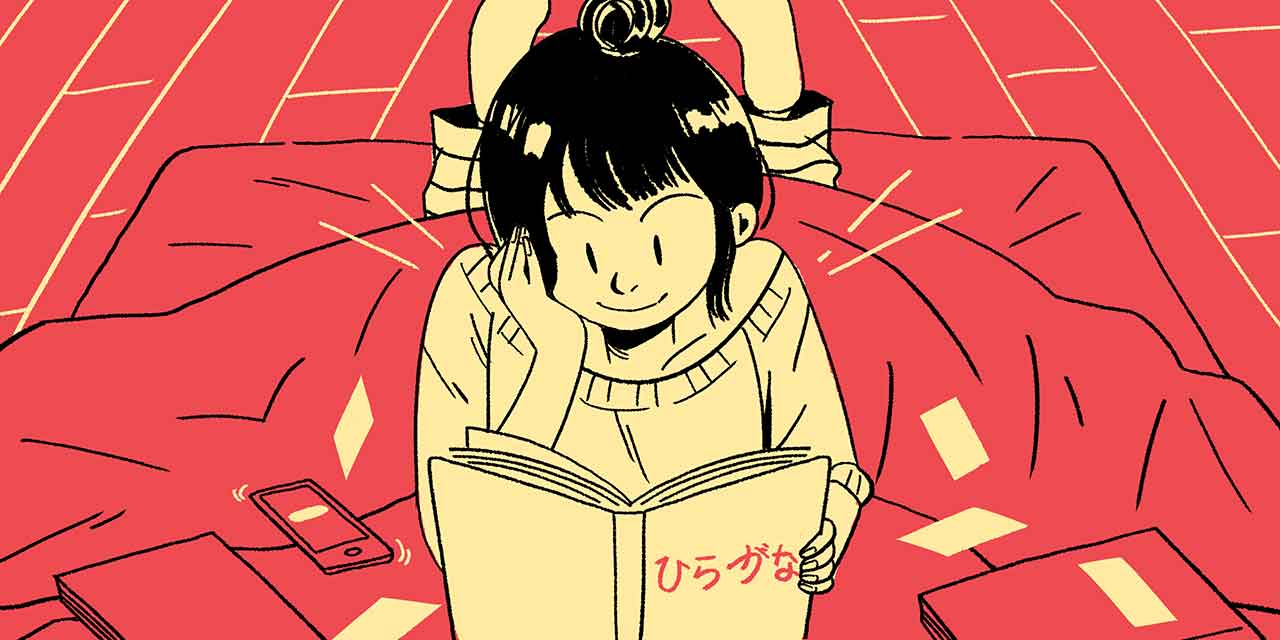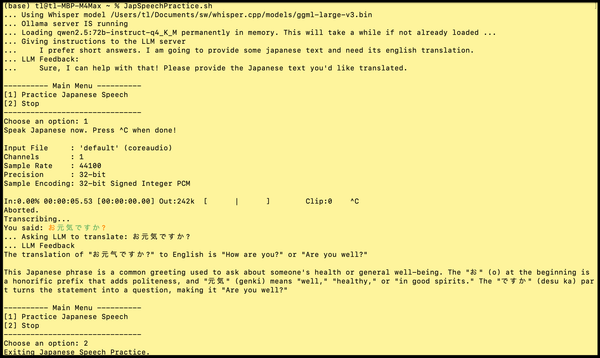Tales from ... the unexpected

- Can you please explain why you decided to learn ... Japanese??
- Well, several years ago, when I did the "Learning how to learn"course in Coursera, one of the instructors, Dr. Barbara Oakley took an interview from a guy named Benny Lewis. This guy wrote a book titled "Fluent in three months". He was using several tips and tricks, that allowed him to learn to be fluent in a foreign language in three months! Couple of years later, I purchased the book and in May 2025 I managed to read it. It is an amazing, inspiring book!
- OK, I can understand that it fueled your desire to learn a new language, but why Japanese?? Isnt' it difficult? More difficult say than learning Italian?
- You're absolutely right! It is much more difficult :) As someone who knows me said once, I love complexity. More precisely, I love to solve (or do) difficult things. There are several reasons I chose to learn Japanese. First of all, dealing with a language that uses pictures (ideograms) in its writing is entirely different than the western languages. It forces your mind to think differently! You know that understanding Intelligence (Nature or Artificial) is one of my favorite endeavors. So, it is a mind challenge that drives one to think differently. Second, the language is a window to another culture. It allows one to see differently the people speaking the language, their relations etc.. There are many Japanese movies which are real masterpieces. Third, learning a difficult language will act as a baseline for something more difficult I will work on. There are other incentives also but I'll keep it short.
- All right. So, you expect to be fluent in Japanese in three months??
- Far from it, for several reasons. First of all, Benny Lewis suggests that learning a new language should be your only and most important project to accomplish the three month timeframe. There are several projects concurrently running now and it is impossible to put everything on hold just to learn that language. Second, Japanese has ... a complexity and one must learn a lot of things before learning japanese words. For starters, Japanese has three writing systems: Hiragana (46 characters, the most important, where everything starts), Katakana (46 characters) and Kanji (50.000 ideograms out of which ~2.000 are the most important ones). Hiragana and Katakana are used mainly for spelling, while Kanji is used for writing. Speaking a written word is also a complex story: in general there are at least two ways of speaking a word and you may find up to ten different ways to pronounce it! The good thing is that Japanese is not a tonal language: all syllabes are pronounced with equal intensity (in contrast with the Chinese where changing the tone in a word, changes its meaning). If you are interested you may see more about the language in tofugu.com. Would you like to accompany me to my learning trip?
- That's enough for me man! How do you say in Japanese "good luck!"?
- Well, the Japanese have different ways to say the same thing, depending on the level of formality of the discussion. The most common way to wish someone good luck in Japanese is to say "do your best" or "work hard". This is written in Hiragana as がんばって, it is pronounced "gan·bat·te" and written in Kanji as 頑張って. Thank you, or in Japanese ありがとうspelled as a·ri·ga·tou (remember I am a novice and I may do mistakes)!




